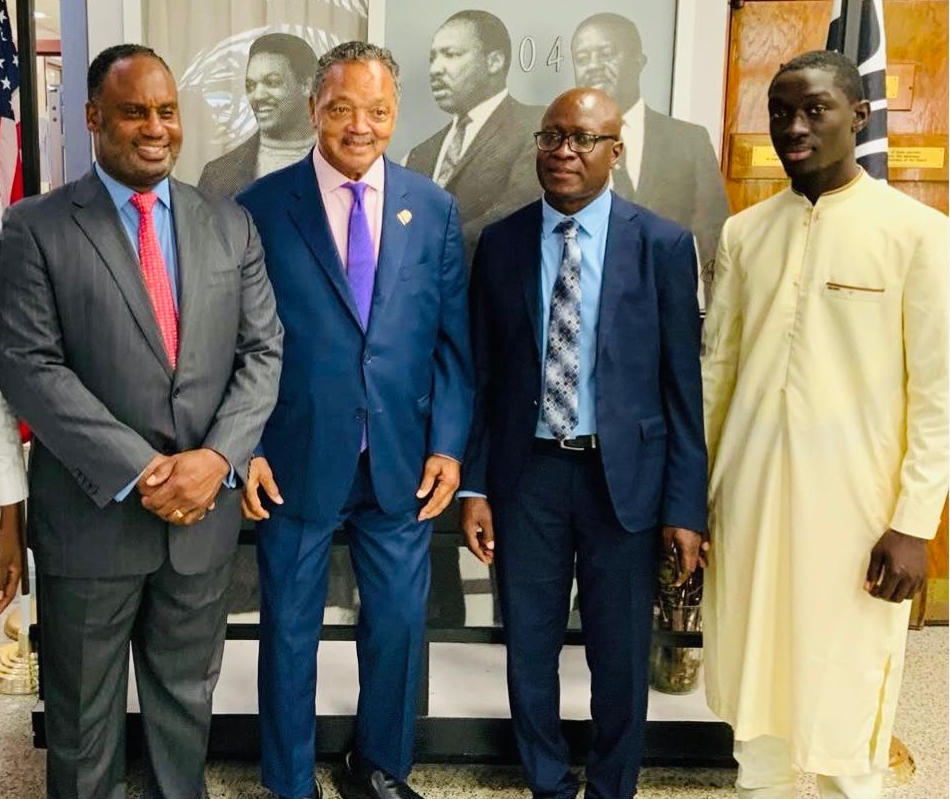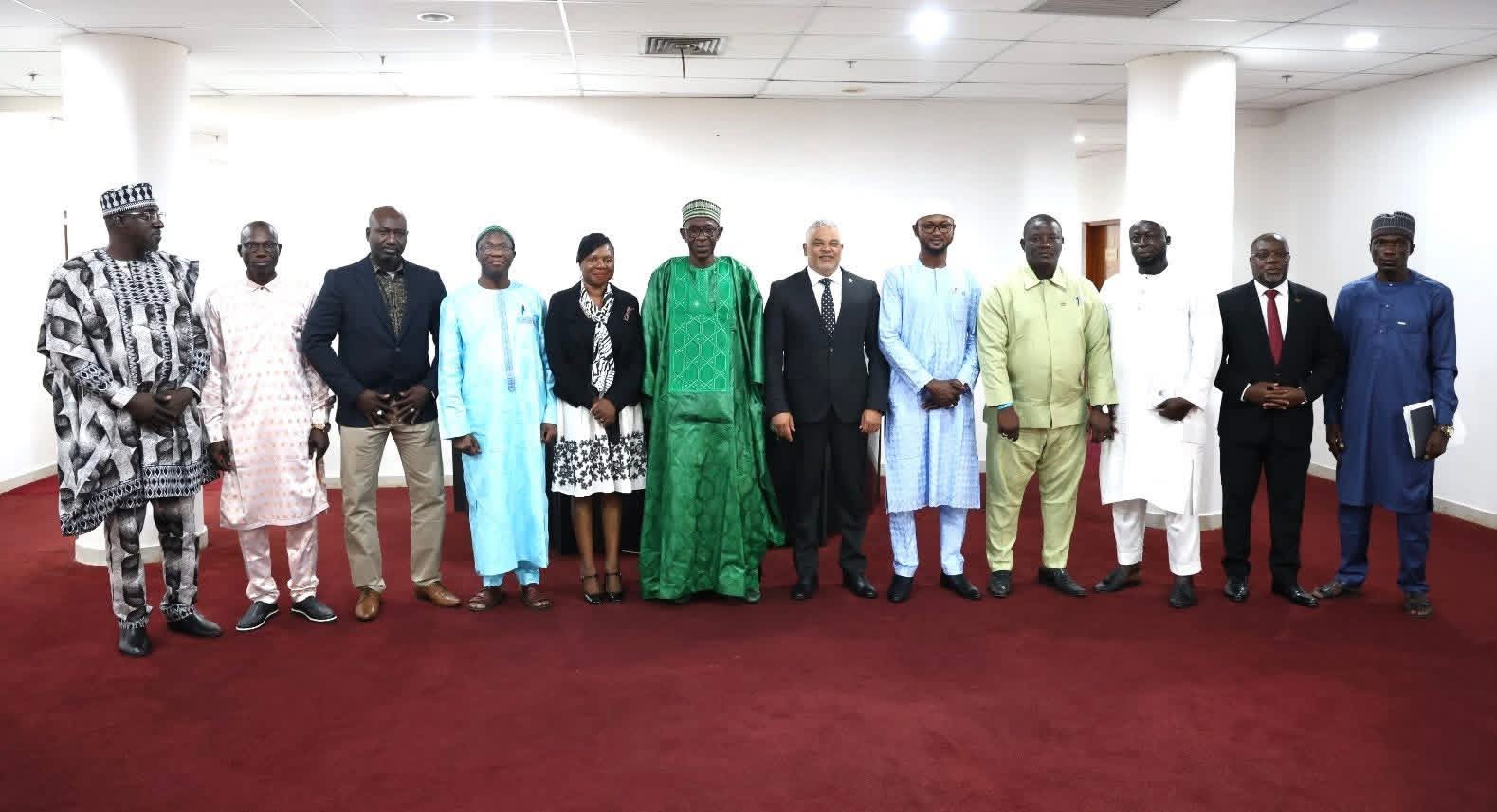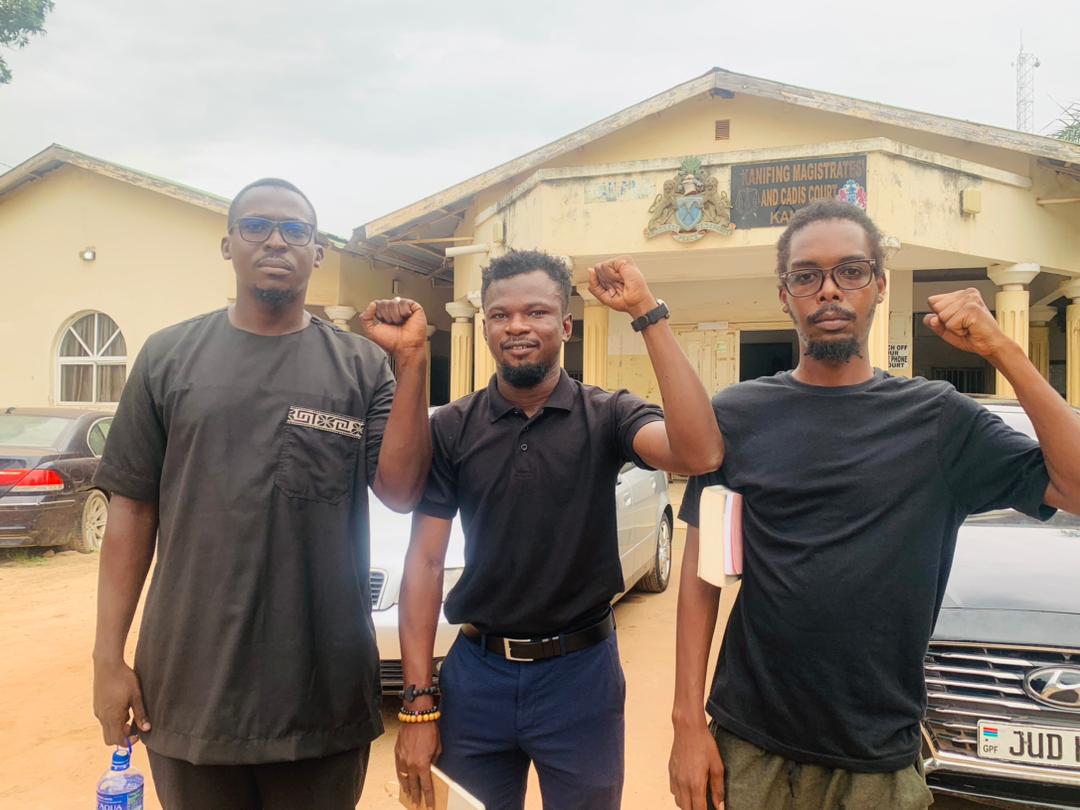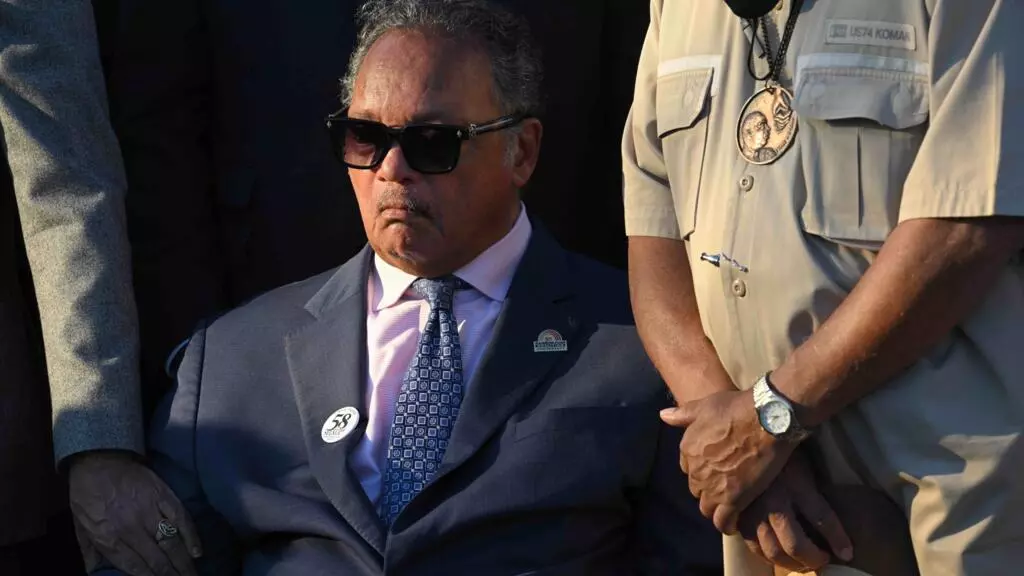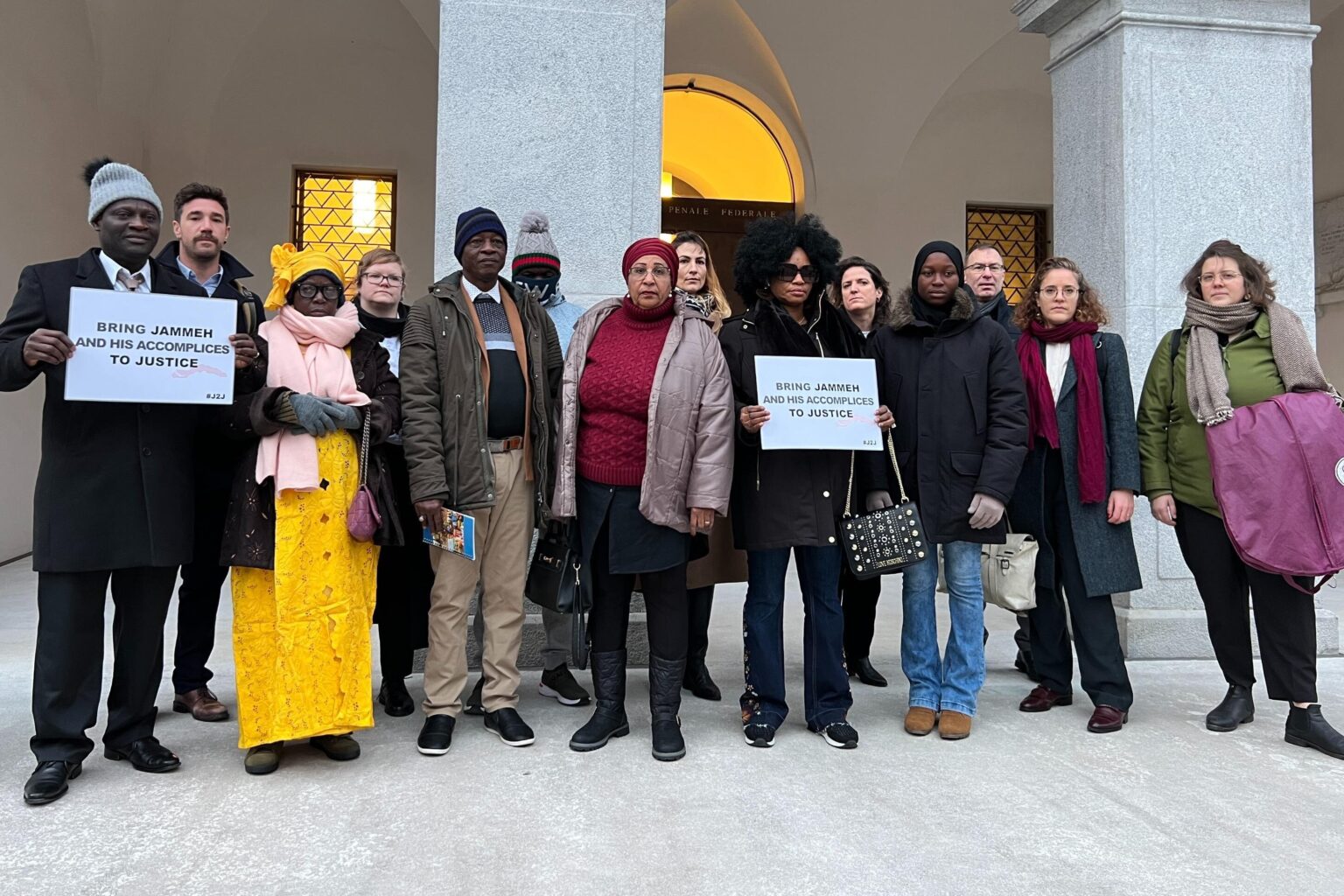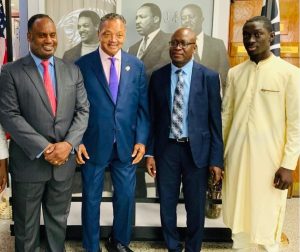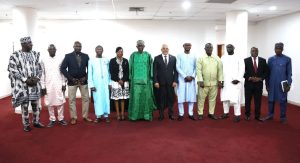Present in Switzerland to attend the trial of Ousman Sonko, who was Yahya Jammeh’s Commander of the presidential guard, former Inspector general of police, and former Minister of Interior, Gambian journalist and Member of parliament Madi Ceesay is getting his thrill at finally seeing the man who ordered his arrest beating and torture in a Swiss court dock. Madi Ceesay told our colleague Mustapha Darboe of Malagen how he feels about everything happening to self-acclaimed Jammeh’s baifaal, Ousman Sonko.
Madi Ceesay: Thank you very much, Mustapha. I am here looking for justice. I am in the Bellinzona Federal Court of Switzerland as a private plaintiff against the former Inspector General of Police, and former Minister of Interior, Ousman Sonko. I am a direct victim during their time, and you must have known that Ansonko has been detained in Switzerland since 2017, and the investigations were ongoing. I was here in 2018 during the investigation, and I gave my version of events. Now he’s been indicted, and his trial starts today, which is why I’m here.
Mustapha Darboe: Your case dates back to 2006, I mean when a coup happened in the immediate aftermath of it. Tell us about it.
It happened as you said, in fact, to be precise, it was on the 28th of March 2006 when I was the general manager of The Independent newspaper. You may know The Independent was a very critical private newspaper, and the government of Sonko was not happy with our publication. So it happened after the failed coup, we ran a story that falsely implicated the late former director of NIA, Bah, in the coup. We got our facts wrong, and then he was in the office the next morning to express his…
So by himself?
No, no, I mean Bah. Bah, Bah…, the first name will come. He was a one-time director of NIA and also a one-time minister of interior. So during the coup, we were told that he was part of it and detained, which wasn’t correct. When the story was out, Samba Bah came to our office physically the next day and said, “Well, here I am. You’re saying that I’m part of the coup. I have nothing to do with it.”
As journalists, we got our facts wrong, so we assigned a reporter to him to express his dissatisfaction, and we published that on the front page the next day to correct the story. That was really the crux of the matter. I think the government wasn’t happy and they thought that was the only way they could get us. So they came, it was a long story, they arrested everybody, did their interviews here and there, but finally, they kept myself, Musa Sedikan, and Lamin Fati who was the author of the story.
So where did you come into contact with Sonko in the line of that torture?
Sonko, as you know, was the Inspector General of Police, and according to the Police Act Section 6, no such operations can go on without the blessing of the IGP. So for me, everything that happened to me, I’m holding Sonko responsible as the head of the police.
Was there a panel during your torture?
Yes, there was a panel, but that panel was just trying to instill more fear in us and say, “We’re getting you, but you must keep silent and you must walk hand in glove with this government, you must not tarnish the image of this.” He was in that panel.
So was Sonko on that panel?
He was in that panel. There was a panel of security men, he was there, Langtombong Tamba was there, I can remember that, then the director of NIA, this guy was also there, and so many others.
During the TRRC, we noticed that the investigation of TRRC has established that an investigation panel under the Jammeh regime was more or less a session of torture, where people are taken out by the Junglers, beaten, and then taken before some so-called panel for interrogation. Was your case a similar one?
In my case, I was tortured together with Musa Saidykhan on two occasions. They would come to my cell around 3 or 4 a.m., led by the late Musa Jammeh and Tumbul Tamba. Those two men would lead six other people who would be in masks. Remember, 3 a.m. is not quite bright. I can’t really see their faces. But these two who lead them all the time on two occasions, and they would take us and then beat us however they wanted, and we would be asked questions like, “Who are you working for?”
And the panel knew you people were tortured?
They should know, because after those beatings, you know, Musa and them were kind in love, so after those beatings and then they would take us before the panel and like I said, that panel for me is just more of trying to instill more fear. But I refused to break my pen. I stayed. I didn’t run away. Musa went to America, Lamin Fadil went to Senegal and I said I’m not going anywhere. I stayed and then keep on pushing the pen.
How does it feel? I mean, you are here today. I mean, you saw Sonko, I mean, sat some distance away from you in the same courtroom. You know your case is on trial. Sonko is on trial. I mean, how does that feel?
I feel happy because today he is under pressure. I am a free man. He is escorted. He is under detention. That made me really very happy to see my perpetrator on the other side of the table. And I’m here freely walking and then quite ready to give my testimony. It’s a sign of relief for me, although it’s a long time. But I hope I’ll get justice.



